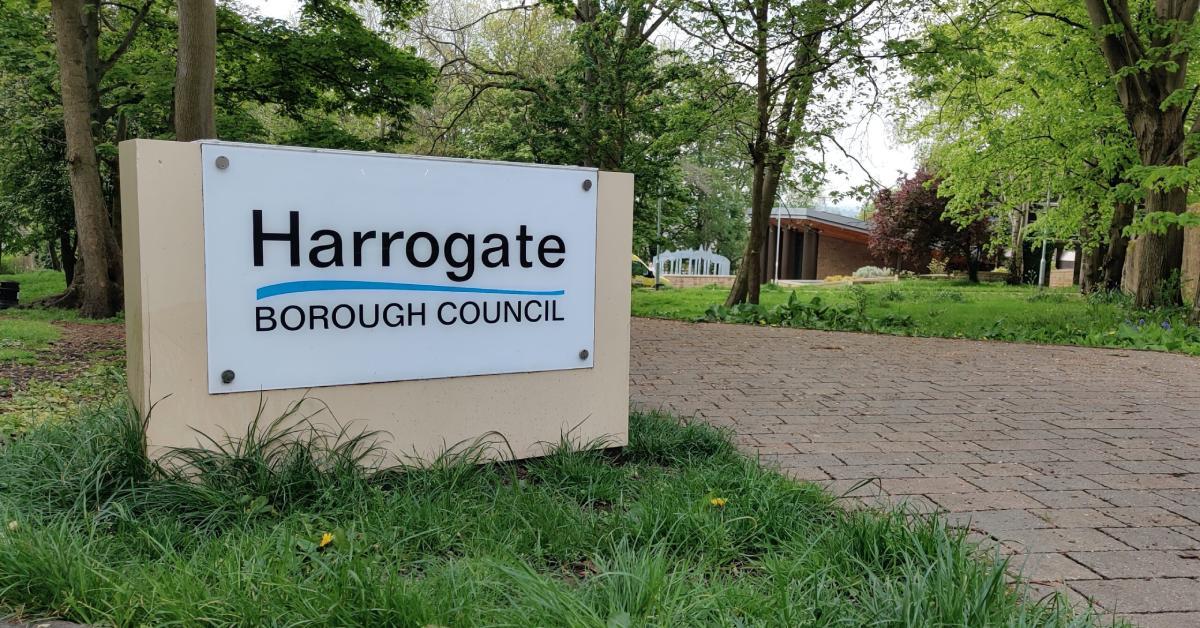Subscribe to trusted local news
In a time of both misinformation and too much information, quality journalism is more crucial than ever. By subscribing, you can help us get the story right.
- Subscription costs less than £1 a week with an annual plan.
Already a subscriber? Log in here.
11
May 2021
How does Harrogate council restrict information?

Councils across the country can restrict reports on committee agendas, if they feel it would adversely affect the financial affairs of a business or person.
Report writers have discussions with the legal service at a council to decide which information should be kept out of the public eye.
The authors of the report may be challenged on why information should be exempt before it goes to committee.
A decision as to whether to restrict information is down to council officers and their interpretation of the reports.
The authority must make clear on the public agenda why a report is restricted by quoting the relevant paragraph of the Local Government Act.
Read more:
- Harrogate council U-turn reveals Flaxby legal costs
- Harrogate Borough Council accused of ‘behaving like a secret state’
For example, paragraph three relates to commercial grounds and paragraph one is information relating to a specific person.
However, exactly how they arrive at that decision is not revealed to taxpayers and can lead to the press or members of the public using the Freedom of Information Act to try to force councils to release the information.
Freedom of Information Act
The Freedom of Information Act was introduced in 2005 to make government more open with the public.
Its sole purpose was based around peoples’ right to know what public bodies were doing with their money and to make institutions like councils more accountable.
How does the act work?
Anyone can submit a request for information to a public body, such as Harrogate Borough Council, under the freedom of information act.
The council must then respond to that request within 20 working days.
When someone requests information, there is a presumption in favour of the council disclosing information under the act.
This is because the principle behind the legislation is that people have a right to know about the activities of public authorities, unless there is good reason for them not to.
The council must justify under what exemption it refuses information and why.
For example, it can refuse a request on the grounds of commercial confidentiality under section 43 of the act.
But it must show that it factored in the presumption of disclosure into its reasons for refusal.
Guidance from the Information Commissioner’s Office says:
If the council does refuse a request and the person submitting the request is not satisfied, they can ask for an internal review.
The review is carried out by a senior officer who was not involved in the initial freedom of information request.
The council reviews its original decision and decides whether it feels the information should be disclosed.
If it decided not to hand over the information after the review, the person can take the matter further to the Information Commissioner.
0